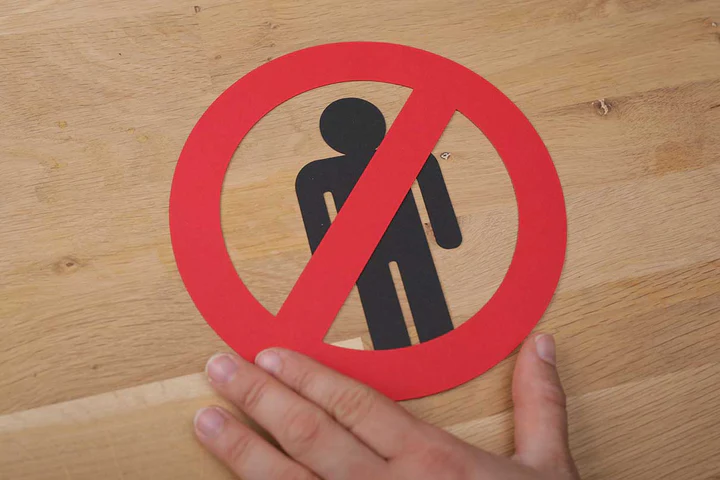When it comes to living in a nursing home, residents are expected to follow certain rules and guidelines to ensure the safety and well-being of everyone in the facility. But what happens if a resident exhibits bad behavior? Can a nursing home kick them out?
Legal Grounds for Removal
Nursing homes have the right to remove a resident for bad behavior, but only under specific circumstances. The most common reasons for eviction include violence towards staff or other residents, destruction of property, drug or alcohol abuse, or repeated violations of the facility’s rules and regulations.
Due Process
Before a nursing home can evict a resident for bad behavior, they must follow a specific process to ensure the resident’s rights are protected. This process typically includes providing written notice of the reasons for eviction, giving the resident an opportunity to respond, and holding a hearing if requested by the resident.
Alternative Solutions
In some cases, nursing homes may work with the resident and their family to address the behavior issues before resorting to eviction. This could involve counseling, medication management, or other interventions to help the resident modify their behavior and remain in the facility.
It’s important to note that nursing homes have a duty to provide a safe and comfortable environment for all residents, so they must take action if a resident’s behavior poses a threat to others. However, eviction should always be a last resort after all other options have been exhausted.
So, in conclusion, yes, a nursing home can remove a resident for bad behavior, but only after following the proper legal procedures and considering alternative solutions. It’s essential for both the resident and the facility to work together to address any behavior issues and ensure a peaceful living environment for everyone.







